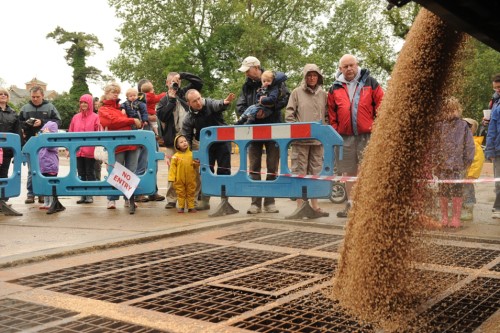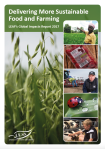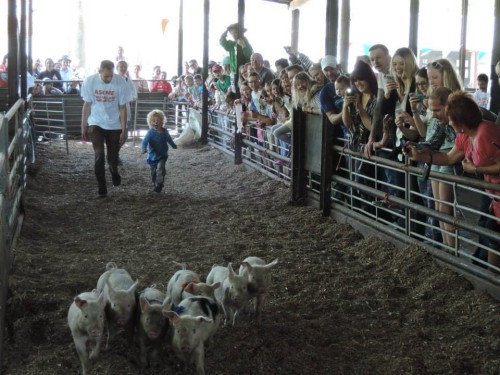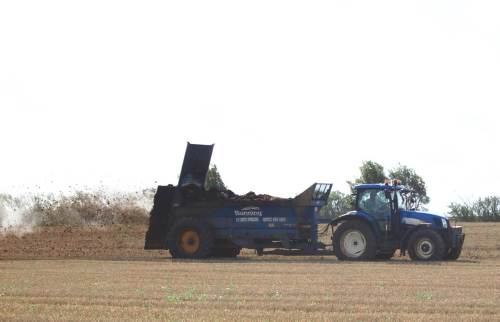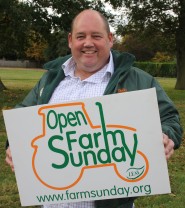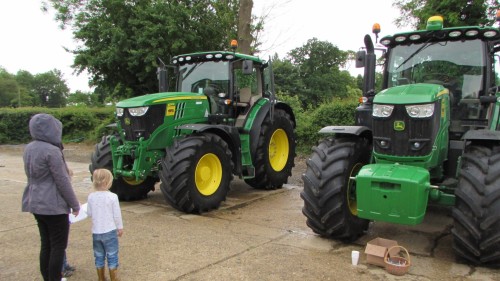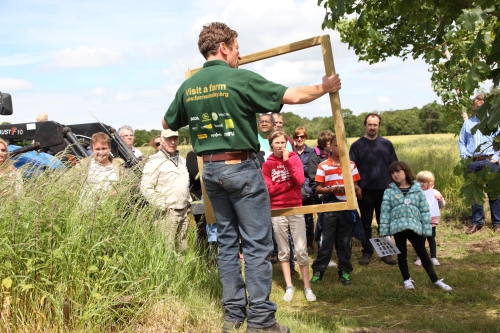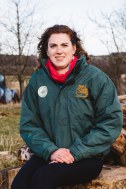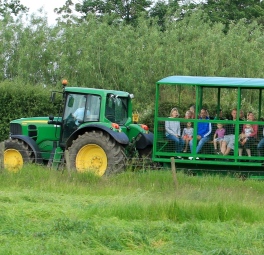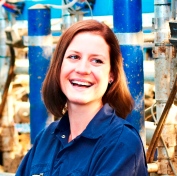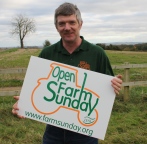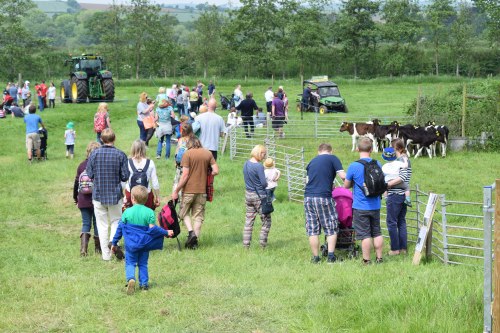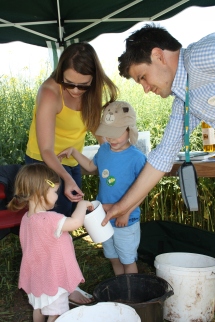 The results of independent research into the added value of LEAF Marque certification were released last week. The study, commissioned by LEAF and carried out by CCRI (The Countryside and Community Research Institute), reveals that LEAF Marque certification can offer significant financial, environmental and social benefits for farm businesses both in the UK and overseas. Kathryn Green, LEAF Sustainability Manager, explains more.
The results of independent research into the added value of LEAF Marque certification were released last week. The study, commissioned by LEAF and carried out by CCRI (The Countryside and Community Research Institute), reveals that LEAF Marque certification can offer significant financial, environmental and social benefits for farm businesses both in the UK and overseas. Kathryn Green, LEAF Sustainability Manager, explains more.
The provision of robust, transparent and independent evaluation to support the claims we make about the benefits of LEAF Marque certification, are a vital part of our continual improvement. This new study, carried out by The Countryside and Community Research Institute (CCRI), showed that for many businesses the value of participating in the LEAF Marque assurance system reached beyond their initial motivations for joining, which were predominantly financial, and helped them develop their businesses in ways they had not previously considered.
This independent study, carried out exclusively with LEAF Marque certified businesses builds on previous work the CCRI carried out in 2010 which looked more broadly at the benefits to farmers of LEAF membership. Key findings of the report include:
Improved market opportunities
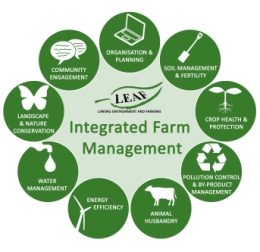 97% of those surveyed reported that LEAF Marque certification had helped secure access to new market opportunities, with 23% reporting receiving a price premium for their LEAF Marque certified product. LEAF Marque certification was also reported to help farms qualify for other income streams, such as agri-environmental schemes.
97% of those surveyed reported that LEAF Marque certification had helped secure access to new market opportunities, with 23% reporting receiving a price premium for their LEAF Marque certified product. LEAF Marque certification was also reported to help farms qualify for other income streams, such as agri-environmental schemes.
Improved financials
36% of participants reported significant extra income as a result of being LEAF Marque certified. Focusing on LEAF’s Integrated Farm Management principles, which underpin the LEAF Marque Standard, was also shown to make operations more efficient in areas such as energy, soil, biodiversity, water and crop health. In energy efficiency, for example, more than half of participants reported making savings of between £10,000 and £17,000 per year.
Improved biodiversity
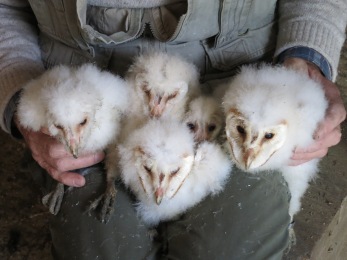 66% of farmers who took part in the study reported increased biodiversity with many noting marked improvements in observed farmland birds, insects and mammals.
66% of farmers who took part in the study reported increased biodiversity with many noting marked improvements in observed farmland birds, insects and mammals.
Improved community engagement
 71% reported improved relationships with the public from being LEAF Marque certified, through hosting farm visits, maintaining footpaths and having a strong social media presence. An improved engagement with the wider agricultural sector was also reported by 47% of participants. Participants were unanimous in their support for the way LEAF promotes public engagement with many seeing this as of strategic importance for their business.
71% reported improved relationships with the public from being LEAF Marque certified, through hosting farm visits, maintaining footpaths and having a strong social media presence. An improved engagement with the wider agricultural sector was also reported by 47% of participants. Participants were unanimous in their support for the way LEAF promotes public engagement with many seeing this as of strategic importance for their business.
The study also supports LEAF’s ongoing commitment to adhere to ISEAL’s (International Social and Environmental Accreditation and Labelling) Codes of Good Practice. As a Full Member of the ISEAL Alliance, we are committed to systematically monitoring, researching and reporting on the outcomes of the LEAF Marque assurance system. LEAF’s monitoring and evaluation programme helps inform stakeholders and drive change and improvement.
These are very encouraging results which clearly show that LEAF Marque certification is delivering tangible economic, environmental and social benefits to farm businesses. All the participants in the study found value in being LEAF Marque certified. The attention to detail required in implementing LEAF’s Integrated Farm Management principles, which underpin the LEAF Marque Standard, is empowering farmers to make positive changes towards more sustainable farming.
The provision of robust, independent studies of this type allow us to evaluate the impact of LEAF Marque certification and ensure that it continues to deliver meaningful benefits to growers and consumers alike. The results of this research clearly indicate we are heading in the right direction. We will build on the findings and look to extend the reach and impact of LEAF Marque certification across the globe. We are brilliantly placed to inspire and empower farmers on their journey to more sustainable farming and look forward to continuing to help them do it.
The full report ‘The effect and impact of LEAF Marque in the delivery of more sustainable farming: a study to understand the added value to farmers’ can be downloaded here together with the report summary, LEAF’s response and key highlights. If you have questions or comments about these reports, we would like to hear them. Please email: enquiries@leafuk.org








